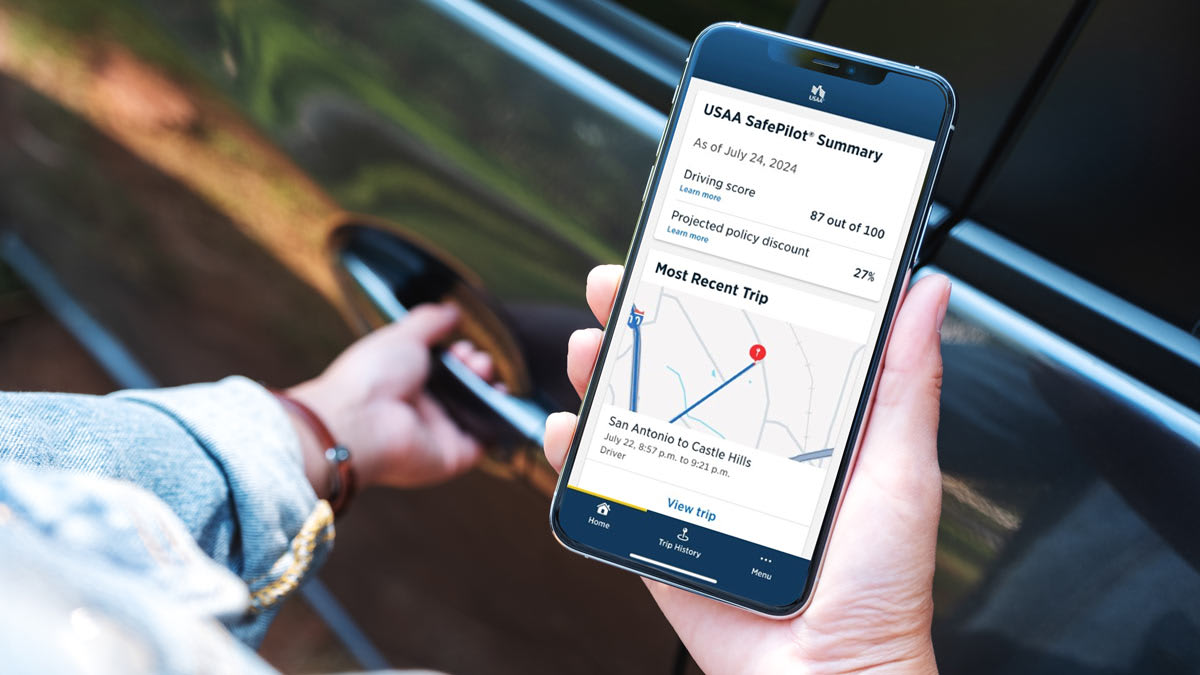Car Insurance Telematics Pros and Cons

Before signing up for a telematics program (or any program that collects your personal data), John Davisson, senior counsel and director of litigation at the Electronic Privacy Information Center, suggests looking closely at your insurer’s website to learn which data points the company collects and how that data is used. He also recommends calling the insurer to ask specific questions (more on that below). Considering the impenetrability of the legal text in most data privacy agreements, he says it’s likely you’ll need to call for clarification.
“I’m a privacy attorney who looks at these policies all the time, and oftentimes even I have a fuzzy understanding of what’s in these documents,” he said. “What you want to find out is that the company collecting the data is taking as little of it as possible in order to provide a service. That’s as true of an insurance company as it is of any company that uses your data.”
If an insurer collects location data, for example, sensitive information about your driving routes and habits can become available to other parties if there’s a data breach, or if your insurer’s privacy agreement contains confusing language that allows the company to sell that data without your knowledge.
“Companies can say they’re not selling your data, but use weaselly language that hides the fact that the data has been ‘de-identified’, or stripped of personal information, and sold anyway,” says Davisson. “But that de-identified data can later be matched with other commercially available data about you and ‘re-indentified’.”
Most companies that collect data, he says, are aware of this, which is why even de-identified data is valuable to them. Both Davisson and DeLong brought up as an example a recent scandal in which General Motors sold its customers’ driving data to risk-profiling companies through its OnStar connected-vehicle subscriptions, a move that left some people having to shell out more for insurance, or having their policies canceled altogether.
“There is always a risk that your data could be siphoned off and made available to other companies, and we see such a steady drumbeat of stories about data breaches,” Davisson says.
Sometimes, the use of data can result in discriminatory rate hikes, says DeLong. According to the CFA, lower-income workers who work night shifts and have no control over their work schedules are more likely to be penalized in this way, a phenomenon that often impacts Black and Latino consumers. Data about the neighborhood you live in and where you drive can also be used against you.
“You might be as good a driver as someone the next town over, but if the insurer’s risk model assigns you to a higher risk category based on where you live, the difference in insurance premiums could be unfair,” says Davisson.
Most of the telematics programs the CFA analyzed took into account braking, time of day, and number of miles driven. Some (including Allstate, Geico, and USAA) also collected and analyzed location information. There’s also a host of other data they can collect, including weather patterns and vehicle performance. Liberty Mutual, for example, states on its website that its RightTrack program collects information from the onboard vehicle diagnostic system, including fuel consumption and use of assistive driving technologies like adaptive cruise control and lane keeping assistance.
“The reality is that it is very hard for consumers to have much control over their personal data,” says Davisson. “Unfortunately, government regulations haven’t caught up with data privacy concerns, and consumers are paying for it.”
Bearing in mind all the risks that exist, should you even bother signing up for a telematics program? For some, the potential savings as insurance rates continue to climb will undoubtedly prove compelling, despite the trade-offs and potential exposure to a data breach.
“Consumers should be aware that this is not a risk-free arrangement, and that there are real impacts that could come back to haunt you later if a third party gets access to your data,” says Davisson.
Source link







